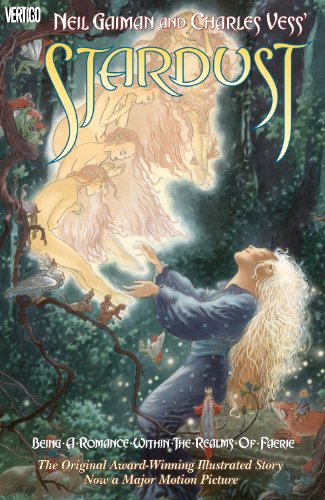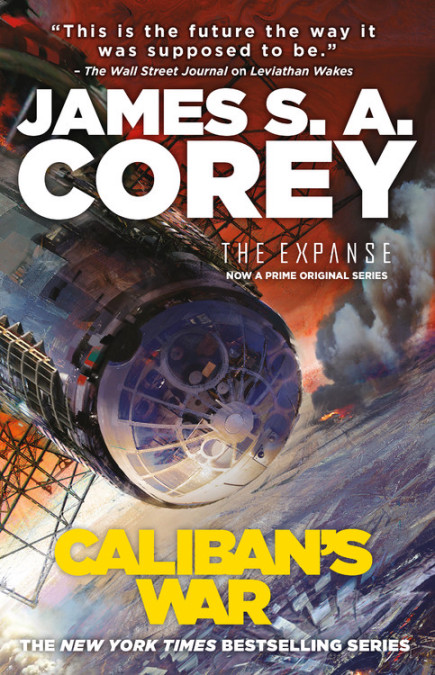Happy First Wednesday! It's time for the Insecure Writers Support Group Blog Hop. You can check out the blogs of many good writers by following the link behind this badge:
This month I am sharing the work of a fellow writer, Chrys Fey. You can read my story of depression and burnout, as well as how I am overcoming it below. You can also access a second blog hop by clicking on the cover image below:
Catch the sparks you need to conquer writer’s
block, depression, and burnout!
When Chrys Fey shared her story about depression
and burnout, it struck a chord with other writers. That put into perspective
for her how desperate writers are to hear they aren’t alone. Many creative
types experience these challenges, battling to recover. Let Keep Writing with
Fey: Sparks to Defeat Writer's Block, Depression, and Burnout guide you
through:
· Writer's block
· Depression
· Writer's burnout
· What a writer doesn’t need to succeed
· Finding creativity boosts
With these sparks, you can begin your journey of
rediscovering your creativity and get back to what you love - writing.
BOOK LINKS:
Amazon / Nook / iTunes / Kobo
Goodreads
ABOUT THE AUTHOR:
Chrys Fey is the author of Write
with Fey: 10 Sparks to Guide You from Idea to Publication. She
is also the author of the Disaster Crimes
series. Visit her blog, Write with Fey, for
more tips on how to reverse writer’s burnout. https://www.chrysfey.com/
My Depression Story:
I have shared a little about this topic in earlier posts, but I think that it is an important discussion to have. The worst part about suffering from depression and burnout is the mental isolation. You can be in a room full of people, or surrounded by family and friends, and still think that you are completely alone, facing your demons with no help at all.
I have struggled with this most of my life. I never quite fit in, and I never understood the people around me. I have very vivid memories of mistakes I made and moments of complete humiliation when I realized too late what I had said or done. Even at a young age I remember not getting invited to all of the sleepovers. When I was invited there were pranks, arguments, and mornings of discussing recipes and cooking techniques with moms. How many seven-year-olds teach their friends' moms how to make a sunny-side-up or how to cut the milk with water before making gravy? It was the least I could do after she politely showed me how to thaw my underwear in warm water before putting it in the dryer. Now that I think of it, that mom was a child psychologist and probably the reason why I was continually invited over. (I realize almost everyone has a prank story from a sleepover, but I had the same problems at Girl Scout camp, overnight school trips, Girls' State, college, and my foreign exchange time in France. Put me with a group of people and I would mess it up every time.)
If I'm honest, now that I have spent two years contemplating my sons diagnosis, I have become very suspicious of myself. The more I read, the more I realize it isn't a diagnosis, it is a state of being. Autistic people are not diseased, they are just people. Most adults who have been diagnosed with Asperger's, or High Functioning Autism, or whatever they have decided to call it this week, are accepting of themselves and want that acceptance from others. It turns out, women in particular 'suffer' from this identity because most of them don't know that they have spent their whole lives trying to fit in when the fact is they were born to stand out. Whether or not I am one of those women is an unknown, all I can do is tell you how I have made it thus far.
Maybe my identity crisis has been the main culprit, or maybe it was something else. My first suspicions and insecurities hit home when I was about to graduate college and I saw my flaws through the eyes of an ex-boyfriend and a college dean who upon reading some of my journal entries, approached me about suicidal thoughts. This wasn't the first time someone approached me with that concern, and it wasn't the last. It seemed that everyone else was telling me I was depressed, but I wasn't. I decided to make some changes. Maybe everyone else knew more about me than I did. But the worst part of my life came a few years after that with postpartum depression. That is what made it real to me. This is the only time in my life that I was suicidal, and ironically no one talked to me about it then. But I remembered all those people who had talked with me in the past, and I called for help. (*Side note: If you know a person who you think is depressed/suicidal and they insist they are not, be aware, that if they ever actually reach the point of depression, you won't know it, because they will hide it very effectively, especially from people they do not want to disappoint. I called a hotline, not my loved ones.)
What has helped me in general: meditation, yoga, reading, and Buddhism. I do not consider myself a Buddhist, but I would say that I have learned the most about reality and myself through the teachings.
What did I read: Radical Acceptance (Brach), When Things Fall Apart (Chodron), The Zen Path Through Depression (Martin) and some others I can't remember because I actually read them at least a decade ago. Reading these helped me recognize the moment when I needed to get help.
What else helped (when it got real): A therapist who told me I was a good mom. A mom who was an even better mom. A husband who went through marriage counseling with me. An awesome doctor who helped me find an anti-anxiety medication that didn't have side effects worse than the depression. Never giving up.
Where I am now: Four years without medication. Two years without therapy. Ten years married. Thirty-four-ish years of living in my skin. I found a diet that makes me feel better. I am in shape and healthy enough to enjoy my youth. I still have anxiety attacks. I still make mistakes and dwell on them for days. I still feel low and dark and I know that is okay. I have successfully made relationships and zero enemies (that I know of) in my last two places of employment. I absolutely enjoy social distancing (just not the reason). Writing about my characters' lives in my stories helps me think about people, reality, and the world.
The most important thing to me right now is the knowledge that I will likely have to watch one or both of my children go through this difficult path and I fully intend to shine for them when they get lost.
Good luck to each of you on your journey!





















